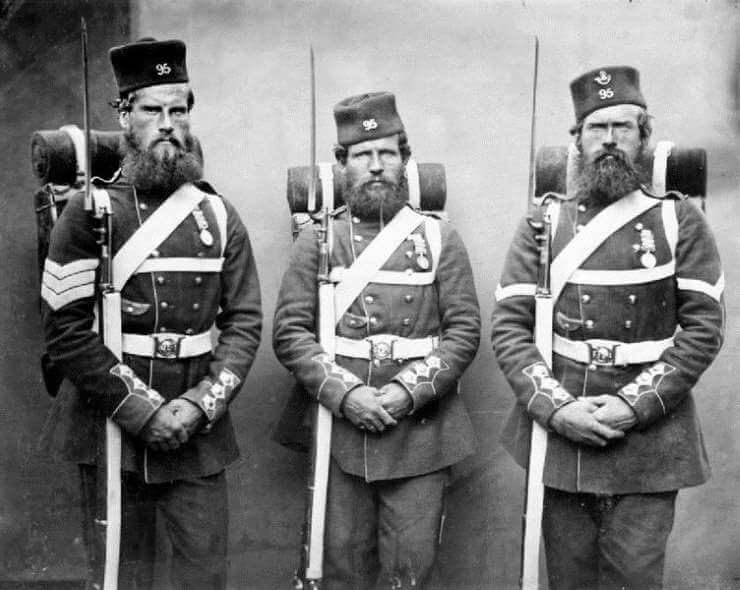
By 1860, moustaches had become mandatory in the British Army. Command No. 1695 of the King’s Regulations read: ‘……..The chin and the under lip will be shaved, but not the upper lip. Whiskers if worn will be of moderate length’
However by the end of the 1880s, the popularity of moustaches was in decline. Fashionable men in London started preferring a clean shave. Facial hair was considered to harbour germs and bacteria. Shaving beards, while patients were hospitalized, became a norm. In 1895, American inventor King Camp Gillette (he himself with a prominent moustache) came up with the idea of disposable razor blades. The practice of being hair free had never been so cheap and easy.
Another serious blow to beards and moustaches came at the onset of the First World War. It was difficult to put your gas mask on if you had facial hair, as the seal would work only on a hair-free skin. Finding clean water at the front was tough too, so shaving became a luxury. Also, as many as 250,000 boys under the age of 18 fought for Britain in the Great War. These recruits were too young to sport a moustache; all they could manage was a thin mousey streak. Even before the war started in 1914, there were reports regarding the infringement of the military order that a moustache had to be worn.
An army council was set up to debate this further and on 8th October 1916, it was decided that moustaches would no longer be mandatory in the British army. The King’s Regulations were amended to delete ‘but not the upper lip’. The decree was signed by General Sir Nevil Macready, who himself hated moustaches and who dropped into a barber shop that very same evening to set the example.